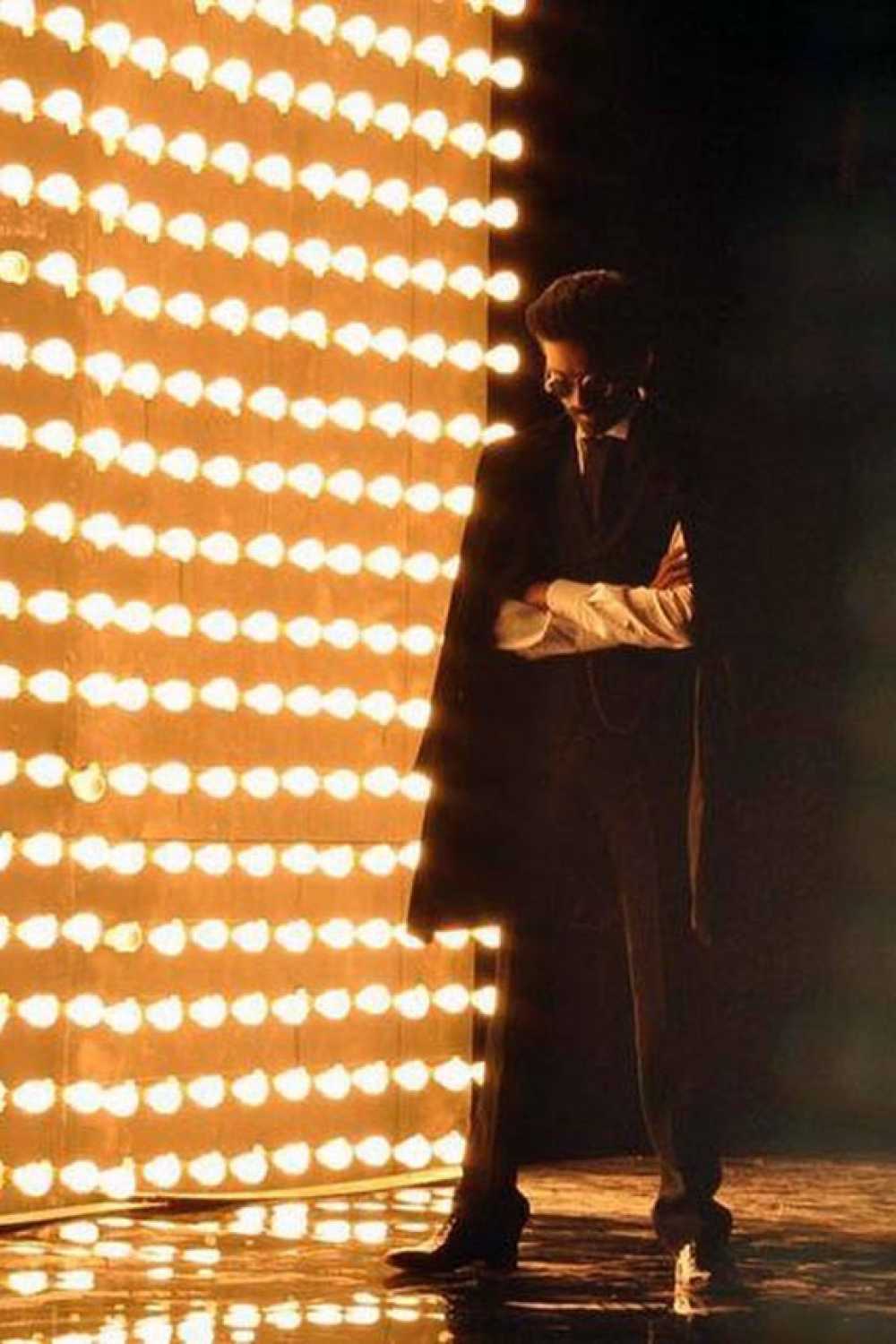Despite three National awards, Dhanush has suffered the same stereotyping that his father-in-law has faced. But his interesting film choices have proved his potential to go beyond what is expected. On his 33rd birthday, we explore why the actor is being hailed as Rajini's heir.
Dhanush: The heir to Rajinikanth's throne?
Mumbai - 28 Jul 2016 15:11 IST
Updated : 21:01 IST


Shriram Iyengar
When he decided to make his debut in Aanand L Rai's Raanjhanaa (2013), Dhanush was already a National award-winner and a rising star in the South. His decision to head north was viewed with scepticism by many. He has turned commercial, they said. Like Rajinikanth, they said.
An actor who has shown the mettle of his courage in his choice of films like Pudhupettai (2006), Polladhavan (2007), Aadukalam (2011) and Mayakkam Enna (2011), Dhanush has emerged as one of the most successful stars to balance the parallel and commercial quite successfully. In the Southern film industry that is filled with stars of every grade, Dhanush's ordinary looks and choice of cinema have made it difficult to bracket him in one category.

Hindi cinema, however, has not taken to Dhanush that well. Of his two films so far, Raanjhanaa (2013) was the only one to earn some positive reviews. Though Dhanush won a Filmfare award for Best Male Debut, his plain-looking, dark image did not endear him to audiences or to filmmakers. The follow-up to his debut, Shamitabh (2014), was declared a flop despite having one of the biggest stars of Hindi cinema, Amitabh Bachchan, as Dhanush's voice.
In both films, the actor stood out with some powerful scenes. In Shamitabh, the first meeting between Daanish and his 'voice' is a classic example. Where Amitabh Bachchan explodes on the screen with every ounce of weight his baritone can carry, Dhanush stands out with only his expressions to counter the veteran.
Like his son-in-law – Dhanush is married to Rajinikanth's daughter Aishwarya – Rajinikanth, too, arrived in Hindi cinema as an established star. His style, charisma, and mass following ensured that the industry could no longer ignore this phenomenon from the South. But films like Andhaa Kanoon (1983), Geraftaar (1985) and Hum (1991), which today are hailed as cult films, hardly raked in the moolah when they were released.
These films tended to focus on factors like Rajinikanth's style, swagger, and charm and largely ignored his acting skills. Their failure drove the star away from the Hindi film industry. After a decade of trying, Rajinikanth decided to stay where his mass appeal lay – in South India. After the failure of Shamitabh, Dhanush seems to have arrived at the same decision.
So, how does Dhanush compare with the great Rajinikanth? The actor himself tries his best to avoid it. In an interview, he mentioned, "My choice of films is completely different from his. My method of acting is completely different from his. So there is no room for comparison. And comparing a 20-25 films-old guy with an icon is absolutely rubbish."
Yet, considering the success, the close relationship, and the similarities in look and style, it is hard to escape the comparison. In his recent VIP (2015), Dhanush was cast in a role that Rajinikanth himself excelled in, the good-for-nothing son who turns hero. Even the sneering smoking style in this scene is reminiscent of the vintage Rajinikanth.
Like Rajinikanth, Dhanush's main demographic is the poor and the young, who are disillusioned by the system. His films speak out against the oppression of the weak, and give voice to the growing dissent against society.
Another factor that works in the actor's favour is his personality. The very personality that saw him ridiculed in the North endears him to his audience in the South. It gives them a sense of belonging with the actor, and the star on screen. This is an advantage that has worked tremendously with superstars like Amitabh Bachchan, Shah Rukh Khan, and Rajinikanth, who were never conventionally handsome leading men.
Dhanush accepted the same when he spoke about his beginnings in an interview. He said, "I thought there was a lot wrong with me. Too thin, too gawky, too dark. Not handsome and definitely not hero material."
However, the comparisons do injustice to the actor's talent. Dhanush has managed to do something that Rajinikanth hasn't, and that is shed the superstar image. Coming from a film background, the actor took the Southern industry by storm with raw, intense performances in films like Pudhupettai (2006), Aadukalam (2007) and Maariyan (2013). Initially, he had to contend with comparisons with his more talented brother, director-actor Selvaraghavan. But like the script of any good potboiler, he has risen to a position far beyond that of his sibling.

While films like Polladhavan (2007), VIP (2013), and Maari (2015) cater to his commercial crowd, others like Aadukalam (2011), Raanjhanaa (2013) and Maryan (2013) serve to enhance his reputation as an actor.
In fact, Dhanush possesses a keen sense of cinema which is evident from the choice of films emerging from his production house. He was a key element in producing two radical films that emerged in Tamil cinema in the last two years, Kaakka Muttai (2015) and Visaaranai (2016). Both films raked in National awards, and earned critical acclaim.
These are signs that the actor is more than just another 'mass' phenomenon. He is an avid cinephile who understands the importance of balancing commercial and independent cinema.
As Hindi cinema rediscovers the raw power of expression in ordinary faces, like those of Nawazuddin Siddiqui, Vicky Kaushal, and Sanjay Mishra, it might be Dhanush's common looks and lack of 'superstar' personality that could get him a return ticket to the North.




